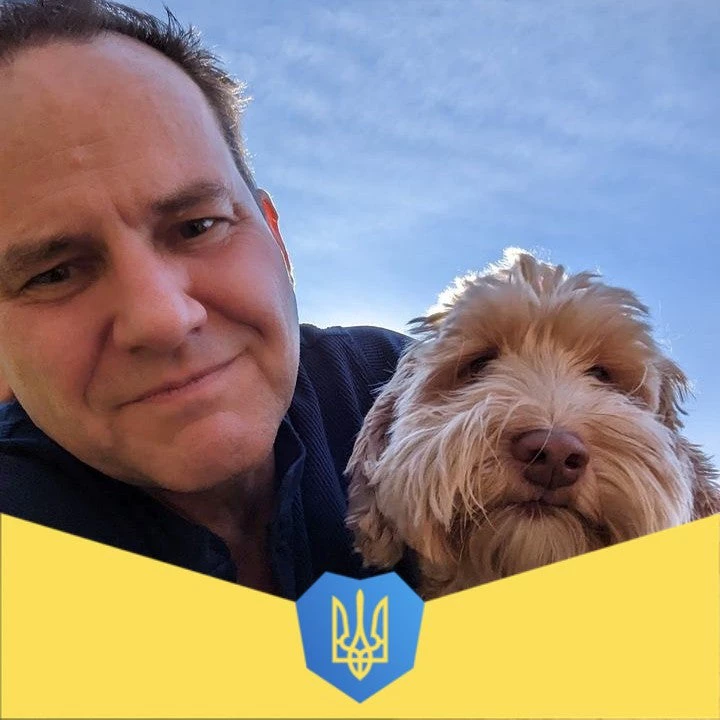 |
| Children breathe thick, toxic smog from thousands of stoves in Ulaanbaatar's ger districts, which are home to 60 percent of the city's population. |
Worst of all, imagine you and your children breathing the thick, toxic smog from thousands of stoves 24 hours a day, seven days a week. Unfortunately, this is not imagination, this is the real situation for over a half million people living in the ger districts of the capital. Not a pretty picture.
Many residents of the ger districts eventually build small houses out of wood, concrete or brick, but still suffer from a lack of services. They still have to buy their water from a water station and carry it home. Their homes are usually poorly built and not energy efficient, leading to even higher heating costs and worse pollution.
There have been gers in Ulaanbaatar since the city was established in the 17th century. During the communist era, more people migrated into the city. Migration accelerated significantly after communism in Mongolia collapsed in the early 1990s. Many migrants are former herders who lost their domestic animals to harsh winters; without other economic opportunities, they moved to the city in search of better lives.
Moving was straightforward: you would just pack up your ger and move it to the capital. Ger districts sprang up on the outskirts of the city, and they are now home to half of Ulaanbaatar’s population. As the ger districts expand, they creep up into steep hillsides, to areas at risk of flooding, and even into dump sites. Nowhere else in the world do so many people live as if they were refugees from war or a natural disaster.
The demand for modern housing is understandably high. At first glance, you’d think something was being done about it: there are hundreds of unfinished apartment buildings all over the city. But you’d be wrong. These are not meant to house the urban poor; they are mostly high-end apartment buildings, which in better times could be sold or rented at astronomical prices. With the onset of the economic crisis, however, construction has nearly stopped. While it is relatively easy to obtain a plot of land, bank lending for housing has slowed to a trickle. Even if the buildings are finished, most people cannot afford them. The people in the ger districts remain in abysmal conditions.
So what’s being done? Fortunately, the issue is drawing more and more attention. Housing for the poor is an important part of the Government’s development plan. The World Bank provided piped water to water stations, giving thousands of people better access to clean water. The Bank also introduced more efficient stoves that burn much less coal (three tons per year rather than five), and is now developing a clean air project. The International Finance Corporation (IFC) is looking into micro-housing finance. Others, including the Asian Development Bank (ADB), the European Bank for Reconstruction and Development (EBRD), the United Nations Development Program (UNDP), the German Gesellschaft für Technische Zusammenarbeit (GTZ) and the Japan International Cooperation Agency (JICA) are also tackling different aspects of the problem.
Now the private sector is getting engaged. XacBank, an IFC client bank, has support from FMO in both housing and energy efficiency programs. XacBank is tackling the housing problem by financing construction of low-cost apartments, and the air pollution problem and by making energy-efficiency loans. The idea is that people can use the loans to buy better stoves, more efficient fuel or even insulation that reduce fuel costs. The savings enable them to repay the loan, leaving them with more disposable income and less pollution.
The Mongolian Mortgage Company (MIK) is also working on the problem. MIK is creating a secondary mortgage market and plans to act as a liquidity facility for banks. By buying up primary mortgages from banks, they can free up capital that can be used for new housing loans.
Civil societies are also contributing, for example, by promoting community action by ger district residents themselves. The Urban Development Resource Center (UDRC), an NGO, works in the ger districts of Mongolian cities to improve living conditions. It organizes neighborhoods into small savings groups that work together to tackle problems like air pollution through housing improvements, planting trees, and other activities. It also offers small, short-term loans and provides advice on energy-efficient building practices. The UDRC also encourages partnerships between communities and local government to identify and meet community needs. This work is important because residents of the ger districts have little contact with their neighbors, making collective action on common problems difficult.
There’s no easy solution to the problem, but it’s clear that the private and public sectors, as well as civil society, need to be engaged. Let’s hope the momentum picks up on all fronts: construction, infrastructure, financing, the environment, and new economic opportunities. People, especially children, shouldn’t have to live like this.
I would like to thank the Mongolian Mortgage Company and XacBank for their contributions to this post. I would also like to thank Gerelchimeg for showing me how people live in the ger district.


Join the Conversation